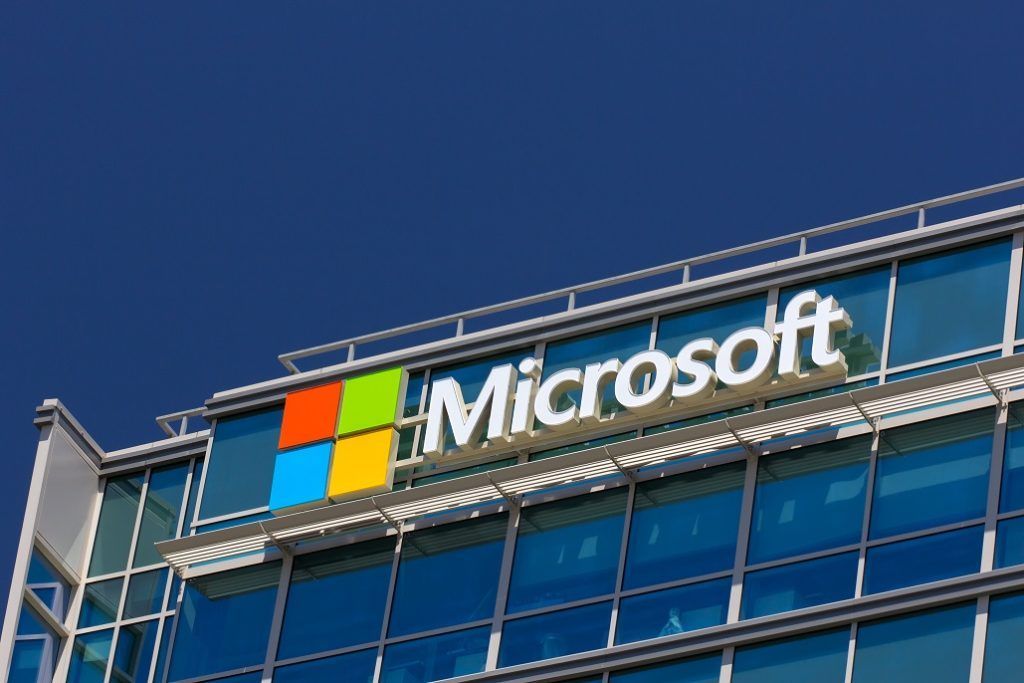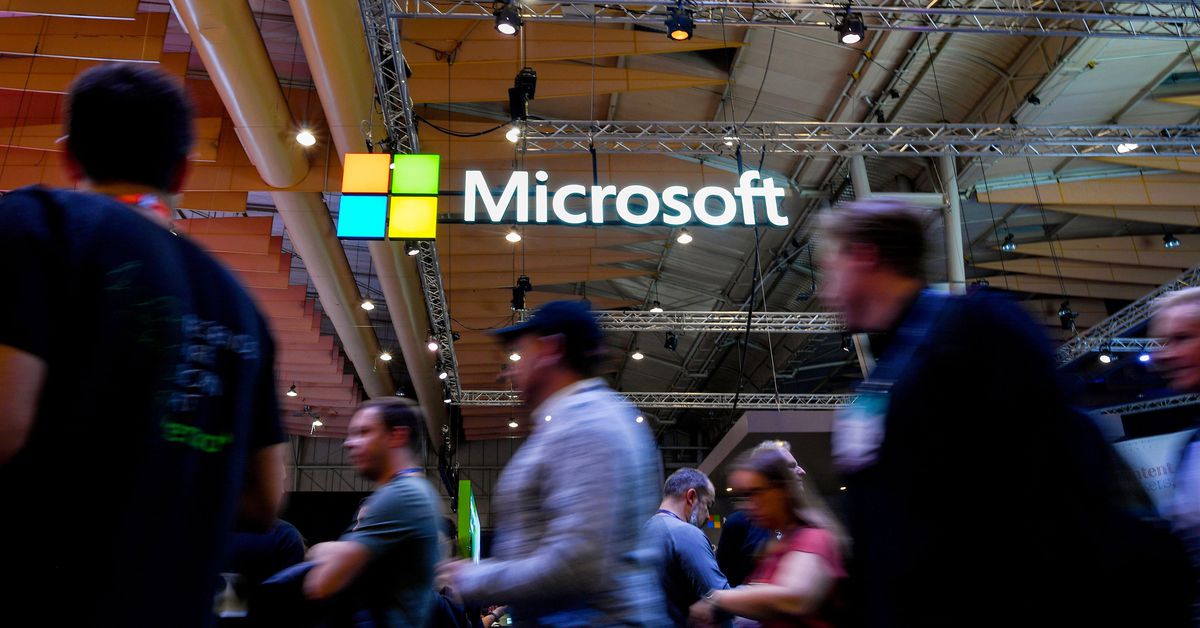They're certainly guilty of monopoly.
There's actually no US laws against that. You're perfectly free to create a monopoly and to monopolize entire sectors.
It's when you *abuse* your position as a monopoly that it violates US laws. They got their wrist slapped once, so I'd be surprised if they were ever charged again by the same countries that already nailed 'em for the Internet Explorer fiasco. Well, not unless it's particularly egregious.
By the way, while not a legal scholar, this doesn't appear to be anything that'd violate monopoly laws. For example, you can't install a whole bunch of operating systems on the hardware Windows uses. They're, both Microsoft and silicon OEMs, not actually obligated to let you run anything on their hardware. See MacOS for example. They don't have to accommodate Linux.
At the same time... Linux runs far more devices on the existing hardware than Microsoft does. OEMs aren't dumb. They're not going to eliminate that giant chunk of the market that is the server market and they're certainly not going to do so for a fading element of that ecosystem (the desktop computer). The x64 instruction set is universal across servers and desktops, as is much of the hardware. They're not going to shoot themselves in the foot.
Most of this thread is just FUD. The sky is not falling. Well, it probably isn't. It hasn't fallen any of the other zillion times folks have run around like panicky herd beasts with half the info and wild assumptions about the rest.







